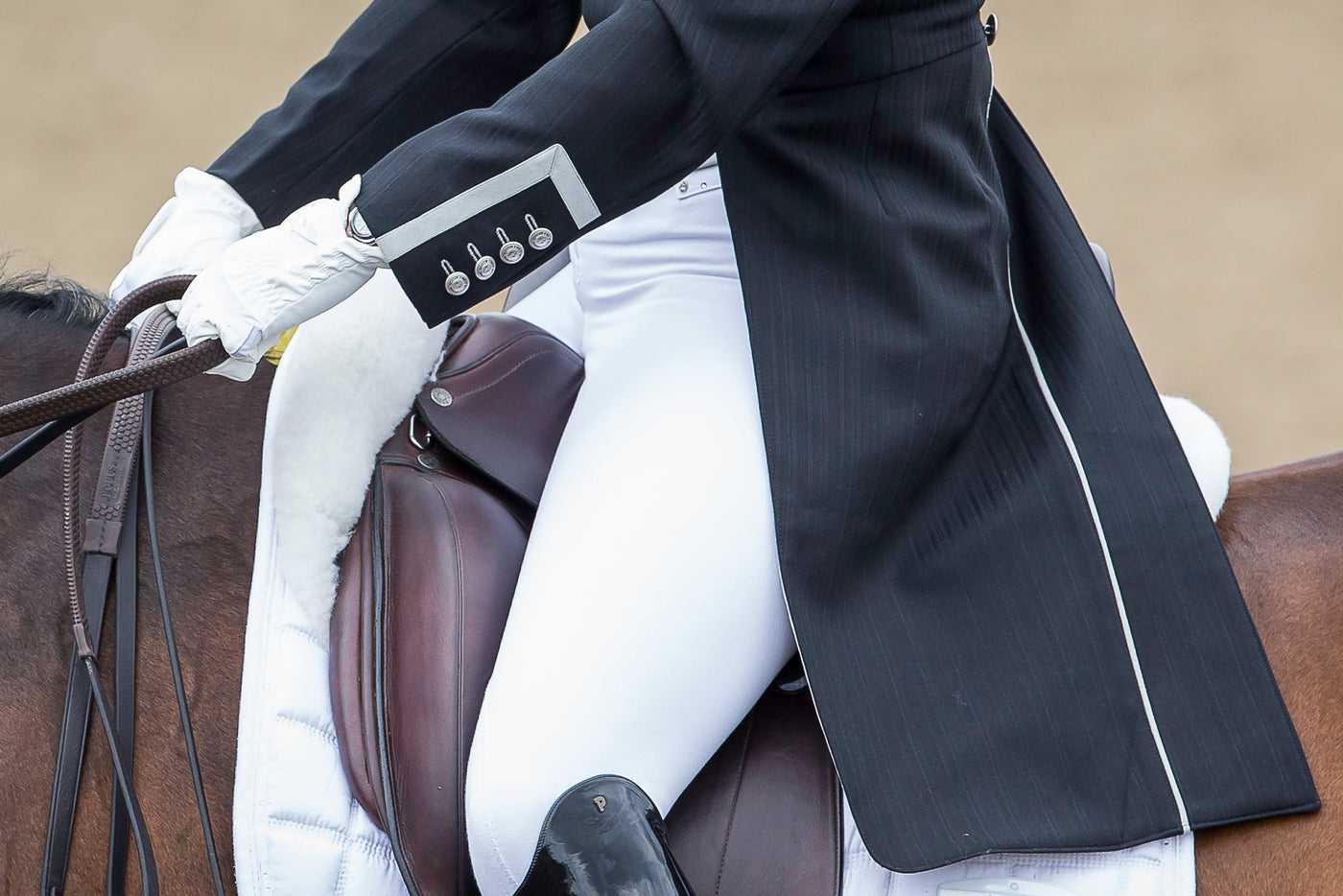Your Cart is Empty

There is immense power in words. Whether written or spoken, we are a species remarkable in our ability to communicate with language. We are also unique in our capacity to be able to subscribe meaning to those words, whether we are the ones who are giving or receiving them. On both sides of the conversation we have responsibilities. Responsibilities to ensure that our message is clear and understood and also responsibilities to make sure we are listening – not just to the words being said but to the message being conveyed.
The equestrian world is a community the same as any other. There are people who are great communicators and those who are not, and there are people who have a story worth listening to as well as those whose ideology would suit another arena of passion. Just like the world of politics, there are multiple opinions on just about everything from training to management to tack to what you should wear. As in politics, it is often the people who are nearer the ends of any one continuum that are the most vocal. It can be difficult to cut through the noise and figure out who is right, especially as we all are hearing through the lens of our own bias.
On a grand scale, of matters that impact the sport as a whole, what we must do is not just listen to the opinions of those that we agree with, but to really, truly, listen to those that we don’t. We do not have to be convinced by their arguments, but we must understand what they are saying and why they think and feel what they do. Until you can successfully argue both sides of a situation, you cannot be absolutely sure that the opinion you hold is legitimate.
One example that comes to mind is the eternal discussion around methods of control – the use of various bridles and bits or bitless alternatives. Scroll through the feed on any of the online forums and you’ll see plenty of these debates. They’re the ones with hundreds of comments from both sides that are full of emotion and (normally) not a lot of substance. You’ll see commentators declare something ‘kinder’ than another option, with no more evidence than what it physically looks like. You’ll see people condemn an opposing group without any understanding of basic physics, anatomy or mechanical actions. The problem here is not that one faction is right or another wrong, it’s that none of the dialogue does anything to constructively educate or indeed indicate anything like a desire to learn. Next time something triggers you, take a moment to ask yourself why. Is what you believe about a situation really true? Do you know all the contributing factors? If not, then take the time to learn. Research the issue for yourself. You may not change your mind, but then again, you may learn something that will help you and your future horses. Alternatively, just scroll on by.
On a more personal level, in our daily interactions with our students, coaches and fellow equestrians, we also need to be mindful of the impact of what is said. Something that we can say without thinking can have a profound impact on someone else’s journey. In my own career I can pinpoint a number of key conversations that still remain crystal clear to me many years down the track – probably because of the emotional impact they had on me. The first was with a fellow rider. I remember admiring her tailcoat and asking her where she had bought it from. Her response was to laugh and say, ‘don’t you think you should concentrate on learning to ride properly first?’ I felt completely belittled. I made this mean that I was never going to be good enough to ride at Advanced level, or at the very least that it was many, many years away. Of course, I don’t know what she meant to impart, I never stuck around long enough to ask and in fact never confided in this person again. For what it’s worth, I was competing the Prix St Georges within a year. I had the strength of character and the support network to see beyond what she was saying, but even today, the thought of that conversation makes me cringe in shame.
The second comment was made in my first ever lesson with the coach who was ultimately going to guide me from Novice to Grand Prix. I remember trotting around the arena in silence for some time, warming up in my usual manner as I had been told to do. After what seemed like an eternity, his quiet voice came over the headset: ‘Well, the trot is world class, I guess we’d better look at the canter.’ This is the moment that for the first time I started to believe that I could become the upper level rider I’d always dreamed of. For most of my career I’d hardly ever been given a compliment and I had certainly never been told that I had any sort of aptitude. This one short sentence changed my life. Once again, I’m not sure exactly what he was saying. I don’t know if he was merely talking about the quality of natural movement that my horse showed. I made it mean that I could produce a trot that was excellent, and to me that was all that mattered.
Words are powerful. Use them wisely, interpret them carefully.

Comments will be approved before showing up.